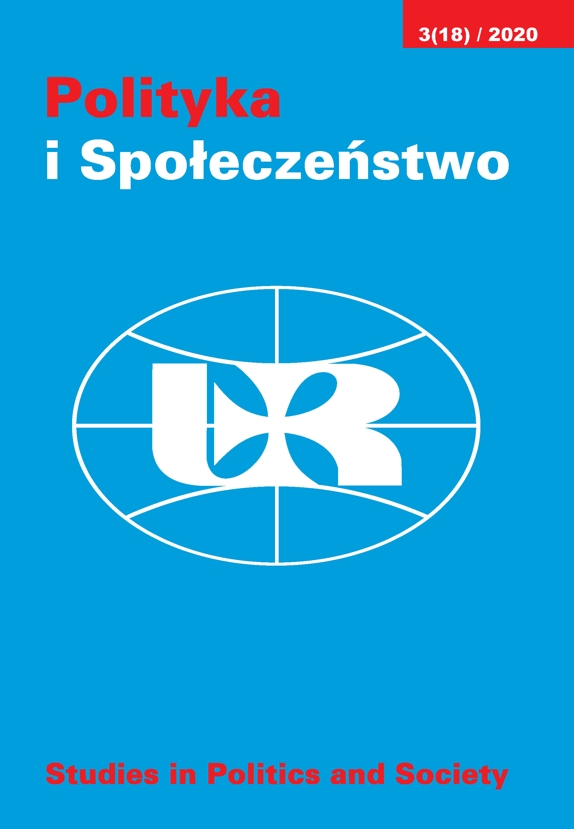DEMOKRATYCZNA DEBATA W MEDIACH SPOŁECZNOŚCIOWYCH – UTOPIJNE NADZIEJE I SMUTNA RZECZYWISTOŚĆ
Słowa kluczowe:
social media, filtering algorithms, echo chamber, filter bubble, algorithms, political polarizationAbstrakt
The text analyzes social media in terms of the possibility of conducting a democratic debate through them. Initially, their users had great hopes to do so. Social media were to be not only a tool for expressing opinions or presenting statements but also for disseminating the model of liberal democracy. However, the business model of these media, as well as content filtering algorithms, introduced to protect users against information overload, prevented this from happening. To prove this thesis, the author referred to Sunstein's public forum doctrine and proved that social media do not constitute its equivalent. Although the media provided a space for discussion, they did not ensure equal access for senders of messages to recipients and recipients to a variety of content. The topic of the negative impact of social media on liberal democracy is already raised in English scholarship (and is already present in Poland through its translations) and it is also gradually gaining academic currency among Polish researchers. What constitutes a novel contribution to the already available research is the presentation of social media in the context of the utopian high hopes the media initially raised.
Pobrania
Opublikowane
Jak cytować
Numer
Dział
Licencja
Prawa autorskie (c) 2020 Polityka i Społeczeństwo

Utwór dostępny jest na licencji Creative Commons Uznanie autorstwa – Na tych samych warunkach 4.0 Miedzynarodowe.


